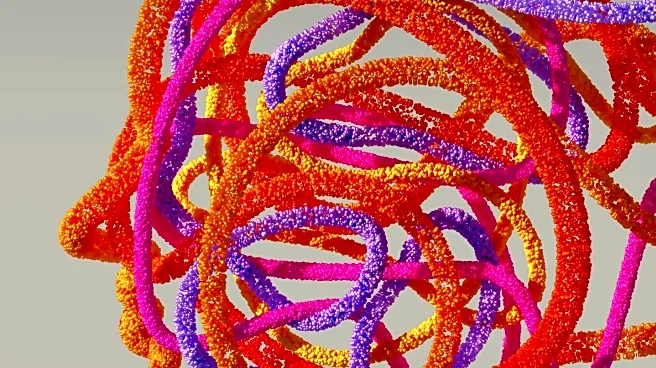What is the story about?
What's Happening?
Thermo Fisher Scientific has introduced a new Molecular Microscope® Diagnostic System (MMDx® Lung) designed to improve the detection of lung transplant rejection and injury. This system uses machine learning to profile gene expression data from lung biopsies, comparing new samples to a reference set of over 896 lung biopsies. The system provides molecular scores associated with injury, graft dysfunction, and rejection, aiming to enhance diagnostic confidence and guide timely treatment. Lung transplant recipients often face significant risks of rejection, and routine biopsies are required to monitor the health of transplanted lungs. The MMDx Lung system seeks to address the variability in pathologists' diagnoses of acute rejection, which currently stands at only 18% agreement.
Why It's Important?
The introduction of the MMDx Lung system represents a significant advancement in the field of transplant diagnostics. By providing more precise and reliable assessments of lung transplant rejection, the system could improve patient outcomes and survival rates. Lung transplants have become a standard of care for patients with end-stage lung disease, but recipients face higher rejection rates compared to other organ transplants. The system's ability to deliver rapid and accurate results may enhance clinical decision-making and personalize patient care, potentially reducing the incidence of rejection and improving long-term survival rates.
What's Next?
Thermo Fisher Scientific plans to expand its collaboration with Kashi Clinical Laboratories to deliver services for lung, kidney, and heart transplant testing. The company is likely to continue developing its post-transplant monitoring solutions, aiming to improve outcomes throughout the transplant journey. As the MMDx Lung system gains adoption, it may influence clinical practices and lead to further innovations in transplant diagnostics, potentially setting new standards for post-transplant care.
Beyond the Headlines
The launch of the MMDx Lung system may raise ethical considerations regarding the use of machine learning in medical diagnostics. The system's reliance on gene expression profiling could lead to discussions about data privacy and the implications of genetic information in healthcare. Additionally, the system's impact on clinical practices may prompt regulatory reviews and considerations for integrating advanced diagnostic technologies into standard care protocols.















